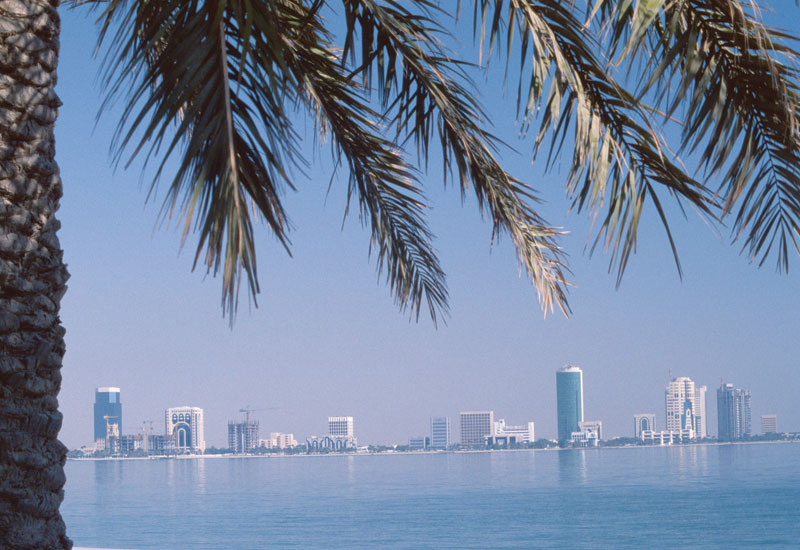Identity
Qatar has become a melting pot of cuisines as more and more US and European franchised restaurants open their doors. There are concerns that this influx of international brands is squeezing more traditional F&B concepts out of the market and that ultimatelty, Qatar will lose its gastronomic identity.
Although shisha restaurants are still popular, they are finding it increasingly difficult to compete against the new hotel developments which are better equipped to deal with expatriates and international travellers.
“Something that’s very different here when compared to the dining culture in cities like Tokyo and New York, is that Doha’s consumers tend to patronise hotel restaurants rather than free-standing restaurants,” explains Four Seasons Hotel Doha executive chef, Giancarlo Di Francesco.

| Advertisement |
“I think the expat community and Qatari locals are well-travelled and appreciate high standards of quality — something that the international brands recognise.”
Hotel restaurants currently dominate Qatar’s F&B scene because they have cultural and logistic advantages over the competition. These plush new mixed-use developments boast cutting edge design and have become a symbol of the new Qatar — a rising gulf state that has transformed itself into an international hub for business and leisure. They have quickly become icons of Qatar’s prosperity.
International communities are drawn to them — in part by the “taste-from-home” experience and alcohol licences.
“F&B outlets targeting international demand tend to heavily revolve around hotels and mixed-used developments,” agrees MKG Hospitality market development and research manager, Michael Komodromou.
“Let’s not forget that it was hotel infrastructure that initially established the destination’s presence, as it was able to offer visitors and the expat community the facilities they demanded: international standards, entertainment, accommodation, multiple options, shopping, and business facilities.
“No doubt, alcohol licences in hotels have also allowed them to dominate the sector. As the destination develops and matures, more independent outlets will surely appear, but I think it will be quite difficult for them to compete against F&B outlets in hotels.”
In a market like this, it is competition that will drive innovation; and a creative operator with the right strategy could change everything. Ultimately, healthy competition will improve the value and the quality of the F&B product for the end consumer, but this will only be possible with more robust supply chains in place.
But let us not lose sight of the bigger picture: Qatar remains an extremely attractive market for any operator or investor, despite the teething problems that naturally occur in any maturing market.
“At the end of the day, Qatar is a thriving F&B market which has experienced incredible growth over the past few years,” concludes Pampano’s Rijal.
“This growth curve is likely to continue, so it’s unquestionably the best time to enter this market … now!”
Doha’s main F&B hubs
The Pearl Qatar – This mixed-use development is built on a man-made island and features a range of high-end F&B brands. The area carries alcohol licences and feels like a self-contained city.
Souq Waqif – One of Doha’s main tourism areas, this souq is used by all nationalities and features terrace and outside dining experiences. It is an alcohol-free zone.
Katara – This global village style environment mixes many different cultural influences and cuisines. It is predominantly a location for Qatari locals and is alcohol-free.









 Search our database of more than 2,700 industry companies
Search our database of more than 2,700 industry companies









